All members can be contacted by their UGA email address by adding their email identifier followed by ‘@uga.edu’
Richard Hall (PI; he/him)
 Richard is an Associate Professor in the Odum School of Ecology, and cross-appointed in the Department of Infectious Diseases, at UGA. He is also a member of the Center for the Ecology of Infectious Diseases. In addition to mathematical modeling, Richard really likes birds and native plant restoration. He serves on the board of the Oconee Rivers Audubon Society and reviews bird records for eBird and the Georgia Ornithological Society.
Richard is an Associate Professor in the Odum School of Ecology, and cross-appointed in the Department of Infectious Diseases, at UGA. He is also a member of the Center for the Ecology of Infectious Diseases. In addition to mathematical modeling, Richard really likes birds and native plant restoration. He serves on the board of the Oconee Rivers Audubon Society and reviews bird records for eBird and the Georgia Ornithological Society.
Email: rjhall
Graduate students
Brendan Haile (he/him)
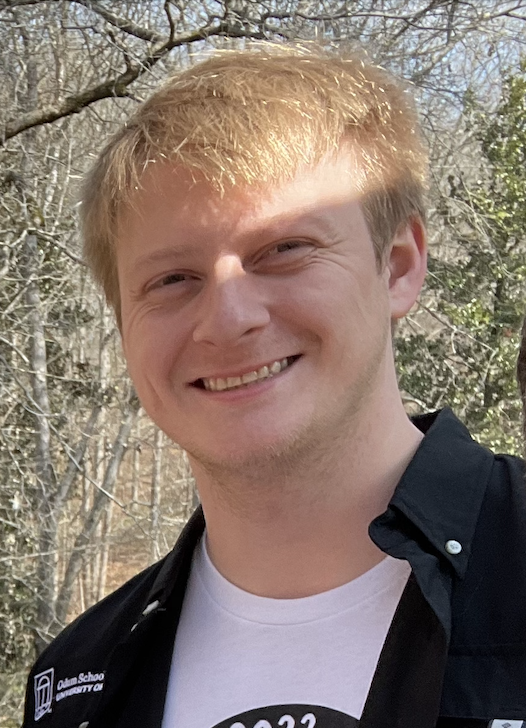 Brendan is interested in micro- and macroparasite interactions, and how these are altered by food subsidy. He is developing coinfection models with applications to a vole-hantavirus-helminth system in Finland.
Brendan is interested in micro- and macroparasite interactions, and how these are altered by food subsidy. He is developing coinfection models with applications to a vole-hantavirus-helminth system in Finland.
Email: Brendan.Haile
Supraja Rajagopal (they/them)
 Supraja is interested in collective behaviors in social insects. Their work involves experimental analysis of collective foraging in the ant Temnothorax rugatulus and they are developing agent-based models to explore how sub-lethal effects of parasite infection reduce collective performance.
Supraja is interested in collective behaviors in social insects. Their work involves experimental analysis of collective foraging in the ant Temnothorax rugatulus and they are developing agent-based models to explore how sub-lethal effects of parasite infection reduce collective performance.
Email: Supraja.Rajagopal
Bell Scherick (she/her)
Bell is interested in prescribed fire effects on plant-microbe interactions, with applications to longleaf pine savannas. She is co-mentored by Dr. Anny Chung in Plant Biology.
Undergraduate students
Valor Lekas (they/them)
Valor is interested in understanding patterns and solutions for bird collisions on the UGA campus.
Alumni
Postdocs
John Vinson
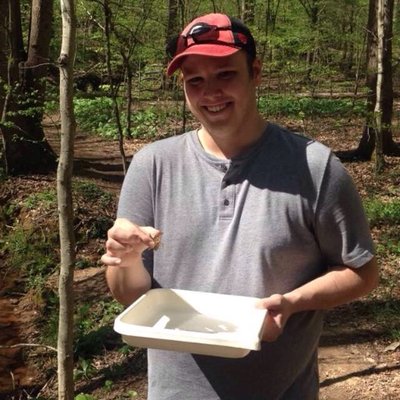 John is interested in community ecology of pathogen transmission, and how land use change alters transmission dynamics and zoonotic exposure risk in multi-host, multi-vector systems. He worked on a collaborative project understanding the integrated social and ecological dynamics driving transmission of Chagas Disease and leishmaniasis in rural Panama. John is currently a postdoc at Southern Illinois University
John is interested in community ecology of pathogen transmission, and how land use change alters transmission dynamics and zoonotic exposure risk in multi-host, multi-vector systems. He worked on a collaborative project understanding the integrated social and ecological dynamics driving transmission of Chagas Disease and leishmaniasis in rural Panama. John is currently a postdoc at Southern Illinois University
Leone (Lee) Brown (2015-2017)
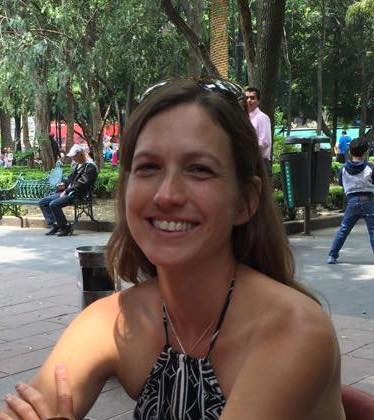 Lee was a NSF postdoctoral scholar co-mentored by Sonia Altizer and Richard Hall. Her project at UGA used modeling approaches to understand how climate and anthropogenic changes influenced migration patterns in songbirds, and thus transmission dynamics of vector-borne blood parasites. Lee’s broader research interests include movement ecology, urban ecology and conservation, with a particular focus on birds and butterflies. She is now an Assistant Professor at James Madison University.
Lee was a NSF postdoctoral scholar co-mentored by Sonia Altizer and Richard Hall. Her project at UGA used modeling approaches to understand how climate and anthropogenic changes influenced migration patterns in songbirds, and thus transmission dynamics of vector-borne blood parasites. Lee’s broader research interests include movement ecology, urban ecology and conservation, with a particular focus on birds and butterflies. She is now an Assistant Professor at James Madison University.
Graduate Students
Zachary Arnold
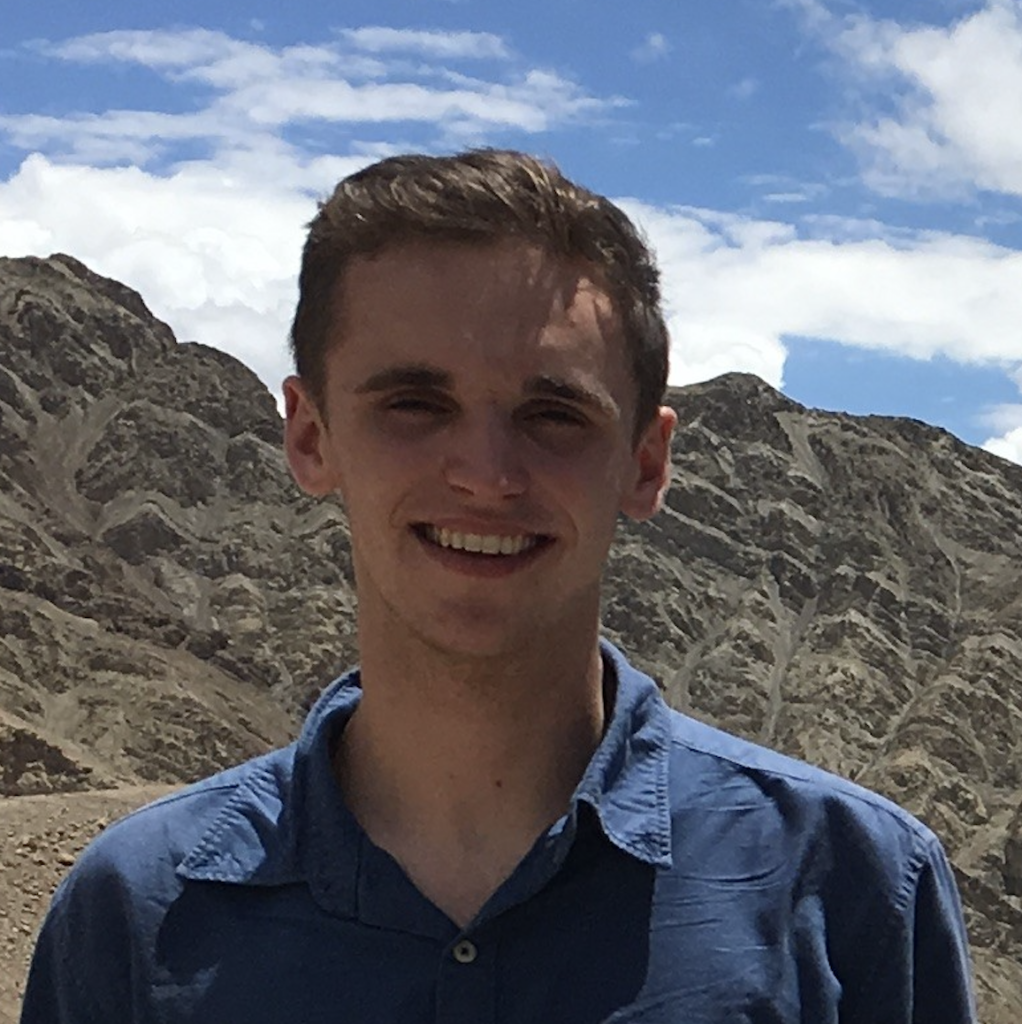
Zach’s CESD MS research investigated the the role of landfills in shaping bird community composition, and their potential as sites of grassland restoration. After graduation, Zach worked as a Biology lecturer at Georgia Southern University and is currently a high school instructor.
Isabella (Izzy) Ragonese
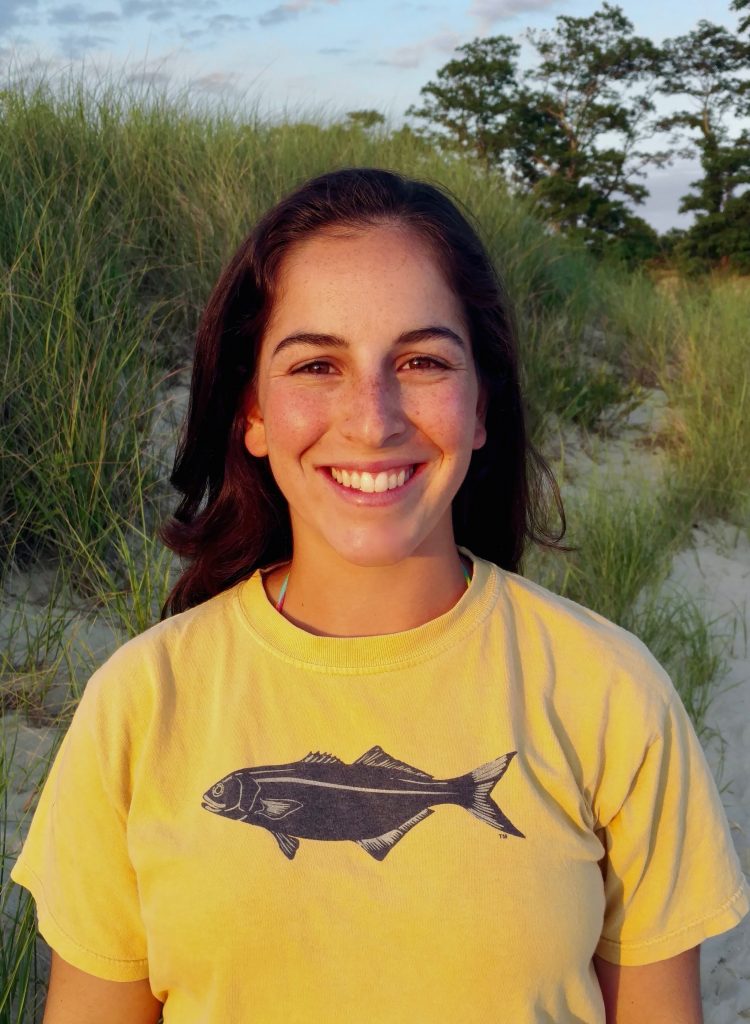 Izzy‘s Ph.D explored how climate warming influences host-parasite-interactions, using a combination of lab and field experiments with monarch butterflies and their protozoan parasite, and mathematical models of vector-borne disease in a migratory bird. Izzy‘s research was supported by the NSF GRFP and was co-advised by Sonia Altizer. She is currently a postdoc at UMass Amherst studying amphibian disease.
Izzy‘s Ph.D explored how climate warming influences host-parasite-interactions, using a combination of lab and field experiments with monarch butterflies and their protozoan parasite, and mathematical models of vector-borne disease in a migratory bird. Izzy‘s research was supported by the NSF GRFP and was co-advised by Sonia Altizer. She is currently a postdoc at UMass Amherst studying amphibian disease.
Claire Teitelbaum
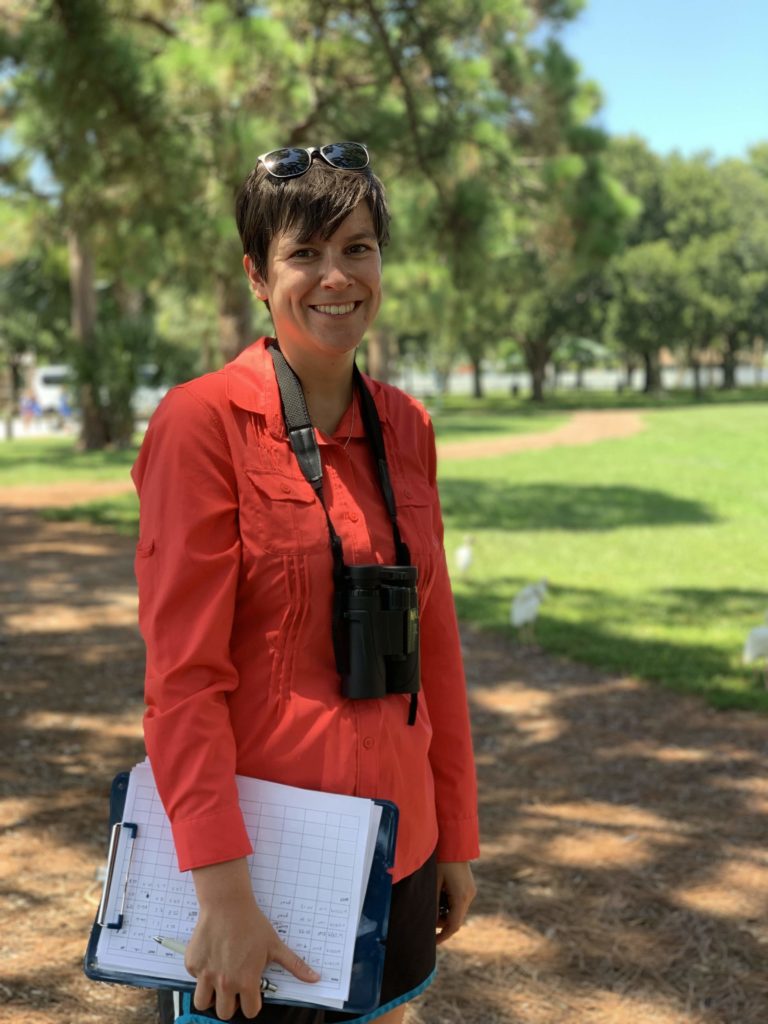 Claire’s Ph.D explored the drivers and consequences of nomadic movement in animals, especially in the context of anthropogenic change and host-parasite dynamics. Claire’s research was supported by a UGA Presidential Fellowship and NSF GRFP. Claire is an Assistant Unit Leader with the Georgia Cooperative Fish and Wildlife Research Unit.
Claire’s Ph.D explored the drivers and consequences of nomadic movement in animals, especially in the context of anthropogenic change and host-parasite dynamics. Claire’s research was supported by a UGA Presidential Fellowship and NSF GRFP. Claire is an Assistant Unit Leader with the Georgia Cooperative Fish and Wildlife Research Unit.
Megan Tomamichel
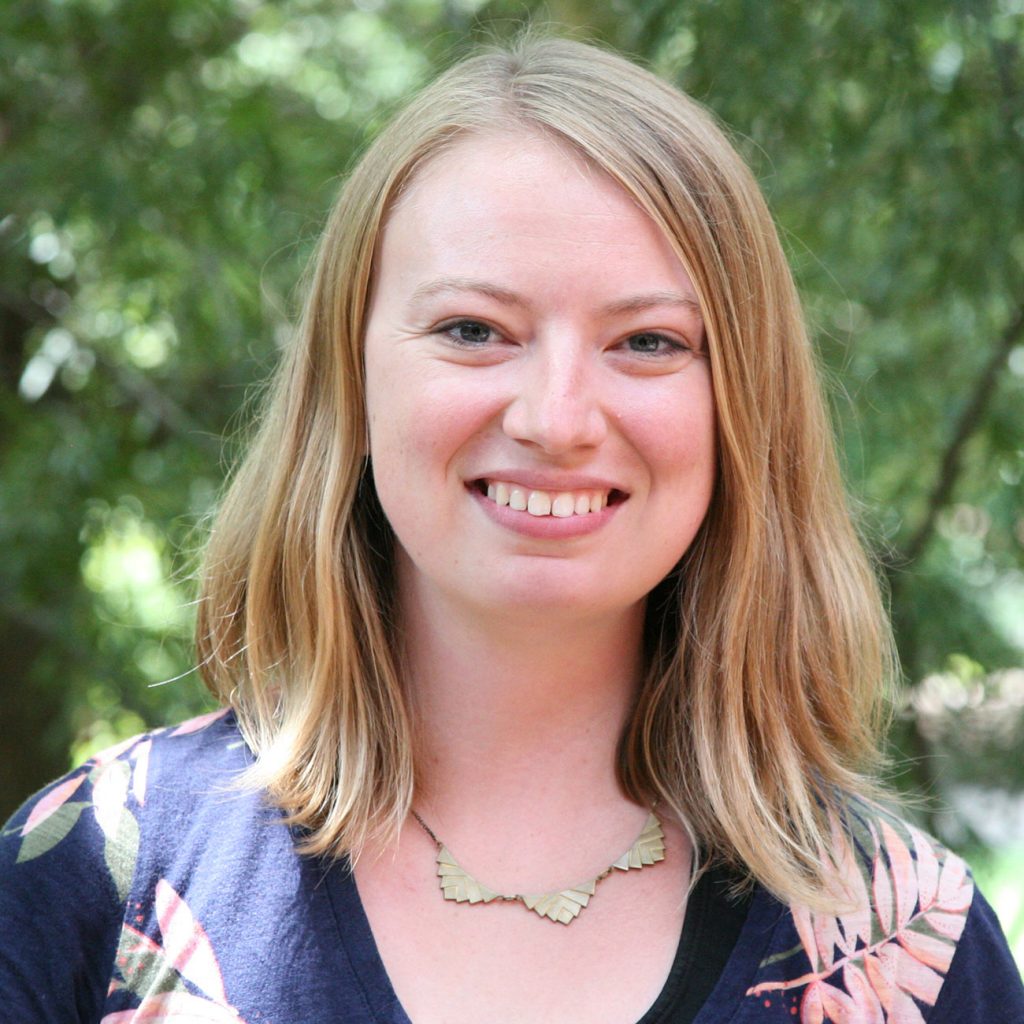 Megan’s Ph.D. explored how climate warming influenced host-parasite dynamics in aquatic systems, using field and lab experiments with shrimp and their ciliate pathogen, meta-analysis and mathematical modeling. Megan’s research was supported by teh NOAA Georgia Seed Grant and the SEC dissertation completion award, and she was co-mentored with Jeb Byers. She is now a RAISE Postdoctoral Fellow at the Virginia Institute for Marine Sciences.
Megan’s Ph.D. explored how climate warming influenced host-parasite dynamics in aquatic systems, using field and lab experiments with shrimp and their ciliate pathogen, meta-analysis and mathematical modeling. Megan’s research was supported by teh NOAA Georgia Seed Grant and the SEC dissertation completion award, and she was co-mentored with Jeb Byers. She is now a RAISE Postdoctoral Fellow at the Virginia Institute for Marine Sciences.
Cali Wilson
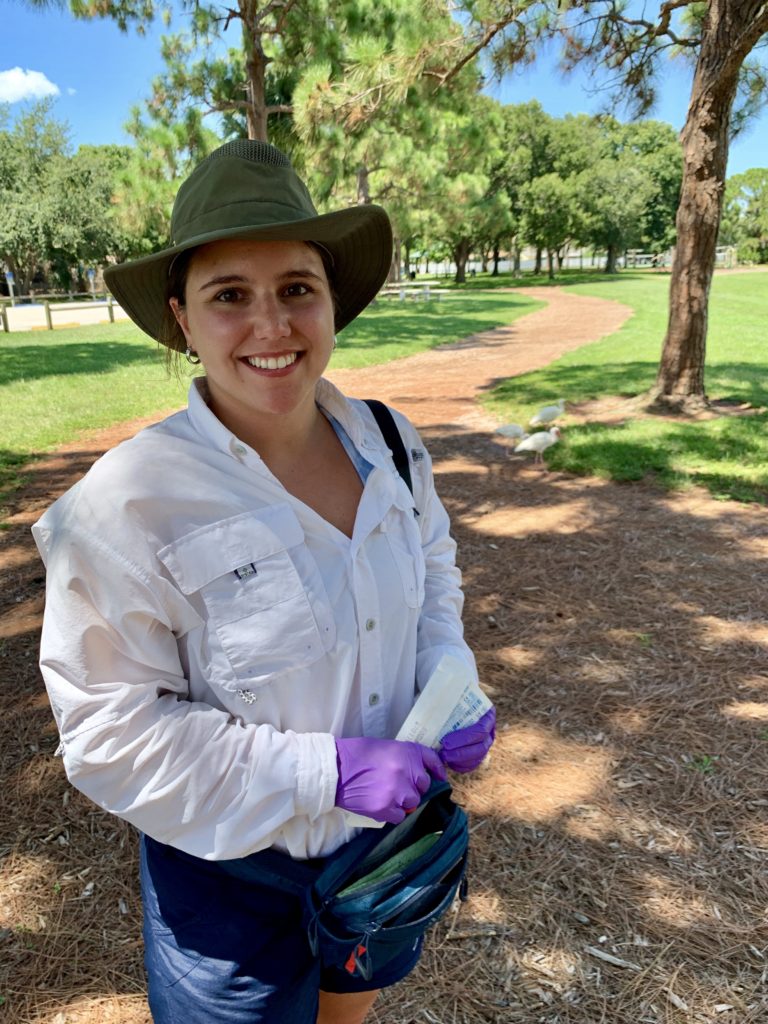 Cali’s Ph.D. explored behavioral and environmental determinants of parasite transmission in wildlife. Cali’s research was supported by an NSF research training grant and and was co-advised by Sonia Altizer. She collaborated on an NSF EEID project understanding how food provisioning influences movement, condition and infection dynamics in an urban-foraging waterbird, the White Ibis. Cali is now a Pharmacy Channel Consultant with Geisinger Pharmacy.
Cali’s Ph.D. explored behavioral and environmental determinants of parasite transmission in wildlife. Cali’s research was supported by an NSF research training grant and and was co-advised by Sonia Altizer. She collaborated on an NSF EEID project understanding how food provisioning influences movement, condition and infection dynamics in an urban-foraging waterbird, the White Ibis. Cali is now a Pharmacy Channel Consultant with Geisinger Pharmacy.
Undergraduate students
Natalie Bachner
Natalie worked on a research project studying the within-winter movements of birds. She is currently working as a sustainability coordinator in Atlanta.
Emma Bay Dickinson
Emma graduated with an Ecology and Music double major, and founded the UGA Campus Chapter of the Audubon Society (Lilly Branch Audubon). Her senior thesis nvestigated how attributes of powerline cuts influence their use by birds during the nonbreeding season. Since graduating Emma has tracked big cats in Belize and worked on invasive mosquito eradication in Hawaii.
Nathaniel Haulk
Nathaniel graduated with an Ecology BS and a minor in Public Health. His research in the lab used mathematical models to investigate how seasonality and food provisioning influence wildlife disease. He is currently pursuing graduate studies at Louisiana State University.
Ifeyinwa (Ify) Ejisoby-Nwosu
Ify developed a mathematical model of how food subsidy might affect the transmission of rodent hantaviruses. She is now pursuing a Masters in Public Health at Emory University
Julia Weil
Julia’s senior thesis explored how food provisioning influences wildlife behaviors relevant to pathogen transmission. She analyzed video data of White Ibis to explore drivers of, and variation in, aggressive behaviors of hand-fed birds. Julia was president of Lilly Branch Audubon Society, and will pursue graduate studies in Memphis on house finch eye disease.
Tenacity Murdie
Tenacity developed mathematical models of predator-pathogen-feeder bird interactions around backyard bird-feeders, as part of an NSF-funded project looking at bird feeding as an integrated social-environmental system. She is currently pursuing a Ph.D at Northwestern University.
Phillip Salzinger
Phillip conducted a research project looking at breeding-season behaviors of Song Sparrows on the UGA campus. He has subsequently worked for the NC breeding bird survey as is president of the Lilly Branch Bird Club.
Since from 2014-2022, the Hall Lab mentored the following students through the NSF-funded Population Biology of Infectious Diseases REU at UGA.
- 2022: Annie Cramer developed models of wildlife infectious disease under land use change.
- 2019: Maya Sarkar conducted controlled temperature experiments on monarchs to quantify how butterflies and their protozoan parasites might respond to climate warming.
- 2018: Chastity Ward set up a cage experiment to understand determinants of monarch butterfly visitation behavior to their milkweed host plants, with relevance to pathogen transmission.
- 2017: Katie Adkins conducted behavioral observations of urban-feeding White Ibis to assess their exposure risk to diverse parasites.
- 2016: Celine Snedden worked on mathematical models of spatial host-pathogen dynamics in relation to anthropogenic food subsidies. Research resulting from this project was published in The American Naturalist.
- 2015: Anna Schneider worked on a model for the transmission of protozoan parasite OE in monarch butterflies that investigated the role of mating transmission on infection prevalence. She also conducted field observation of wild monarchs to record the frequency of plant visitation. Work resulting from her project was published in Proceedings B.
- 2014: Mary-Kate Williams developed a model of monarch-OE dynamics along with an experiment to determine the longevity of OE spores in the environment. Work resulting from her project was published in PLoS One.
 Former REU students. Mary Kate-Williams, Anna Schneider and Celine Snedden.
Former REU students. Mary Kate-Williams, Anna Schneider and Celine Snedden.